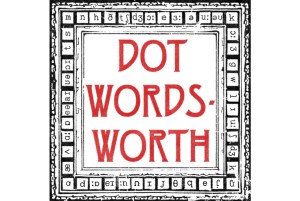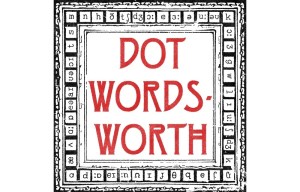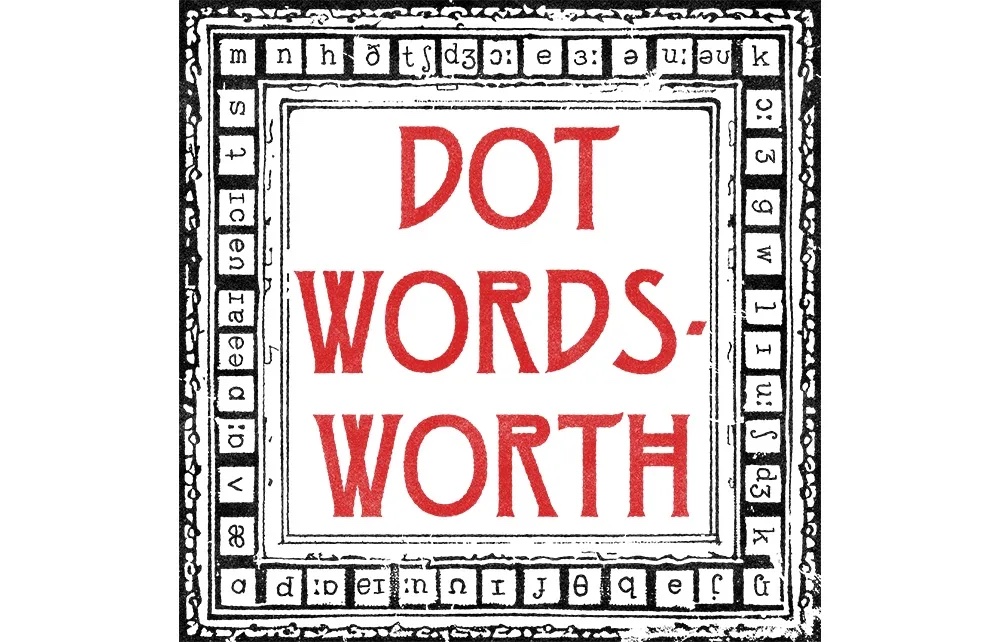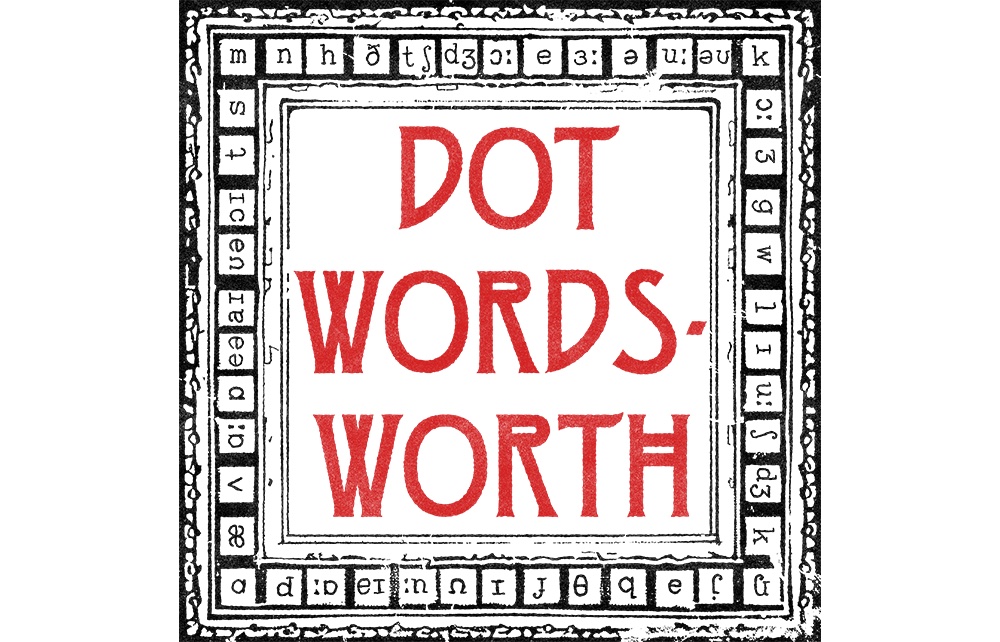I ‘hoovered’ on Saturday (as we say in Britain for vacuuming) while my husband was out ‘exercising’. I don’t know whether he attracts dust, like a piece of amber, or produces it, as if by spontaneous combustion in slow motion. Anyway, when he settled in his chair again, he ran his finger rather annoyingly over the table next to him and said encouragingly: ‘Spick and span.’ It’s a curious expression, since neither part seems to have any meaning on its own. The table wasn’t spick. Nor was it span. The earliest known use of the phrase is by Thomas North in 1571, in his translation of Plutarch’s life of Aemilius Paullus, called Macedonicus not because he came from there but because he beat the Macedonians in battle. North described the Macedonian troops in ‘goodly gilt armours, and braue purple cassocks upon them, spicke and spanne newe’. Cassocks were of no avail, new as they might have been.
The spick part of things is a variant of spike, a word that covers nails as well as sharp parts of graphs tracing the course of pandemics. Spick was added to an earlier phrase, span new, which Chaucer uses. Span here means a chip — of wood, not potato. Variants of span include spanker, hence, I think, spanking new. Another variant is spon, giving our word spoon. A spoon can be of silver or plastic, but originally was of wood.
Span new was sometimes augmented to become brand-span new, as though the brand came fresh from the fire. Dickens preferred the form bran, as in the memorable introduction in Our Mutual Friend of the Veneerings. ‘Mr and Mrs Veneering were bran-new people in a bran-new house in a bran-new quarter of London,’ he wrote. ‘They were as newly married as was lawfully compatible with their having a bran-new baby.’
Language is perfectly happy with such dead metaphors. It makes no difference whether bran-new reminds us irrelevantly of bran tubs or whether brand-new reminds us of rebranding exercises. And whatever spick and span reminds us of, it is as an idiom with a cheery meaning of its own, impenetrable to non-English speakers by any analysis of its parts.
;768:[300×250,336×280,320×100];0:[300×250,320×100,320×50]”]This article was originally published in The Spectator’s October 2021 World edition.

























